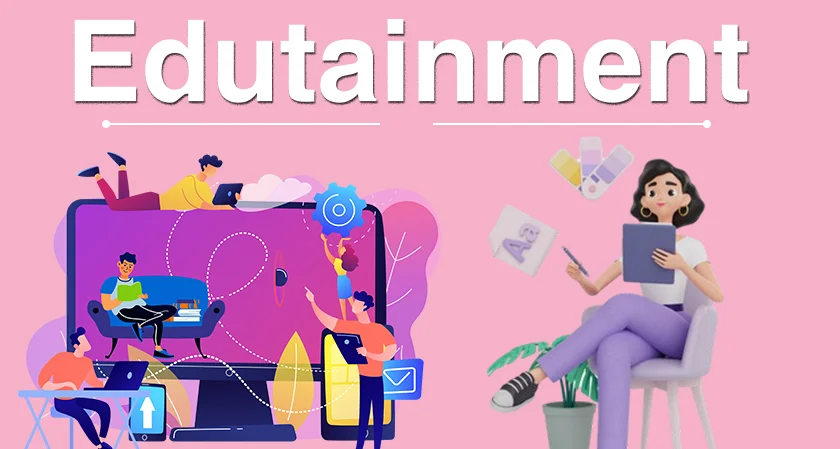The Rise of Edutainment: Learning Through Entertainment

In today’s fast-paced digital era, the concept of edutainment has gained remarkable traction as a dynamic way to combine education with entertainment. Edutainment, a blend of “education” and “entertainment,” aims to make learning engaging, enjoyable, and memorable. Unlike traditional teaching methods that often rely on rote memorization and lectures, edutainment leverages interactive content, games, videos, and immersive experiences to facilitate learning in a more appealing way. This approach not only captures attention but also fosters deeper understanding by appealing to multiple senses, making knowledge retention more effective.
One of the most prominent examples of edutainment can be found in digital platforms, such as educational apps, online learning games, and interactive e-books. These tools transform mundane topics into interactive adventures, turning complex subjects like mathematics, science, and history into accessible and fun experiences. For instance, gamified learning platforms reward users with points or badges as they progress, creating a sense of achievement and motivating learners to continue exploring new concepts. Similarly, educational videos and animations simplify difficult theories, enabling learners of all ages to grasp ideas quickly while remaining engaged.
Edutainment also extends beyond digital platforms. Museums, science centers, and theme parks increasingly incorporate interactive exhibits, simulations, and storytelling techniques to educate visitors in an entertaining manner. For example, many natural history museums now offer virtual reality (VR) experiences that allow visitors to explore ancient ecosystems or space phenomena firsthand. This hands-on approach promotes curiosity and encourages lifelong learning, as learners are not passive recipients of information but active participants in the educational journey.
The benefits of edutainment are significant. It enhances learner engagement, improves information retention, and nurtures critical thinking and creativity. By integrating entertainment into education, learners develop a positive attitude toward learning, which can reduce stress and increase motivation. Furthermore, edutainment fosters inclusivity by accommodating different learning styles—visual, auditory, or kinesthetic—ensuring that every learner can connect with the material in a way that suits them best.
With the rise of remote learning and digital education, edutainment is poised to become a cornerstone of modern pedagogy. Schools, colleges, and corporate training programs are increasingly adopting edutainment strategies to make lessons more interactive and effective. By embracing this innovative approach, educators and content creators can bridge the gap between learning and enjoyment, transforming knowledge acquisition into an exciting and inspiring experience.
Source - https://www.marketresearchfuture.com/reports/edutainment-market-8291
Edutainment represents a powerful shift in how we perceive education. By combining learning with entertainment, it not only makes knowledge more accessible but also encourages active participation and lifelong curiosity. As technology continues to evolve, the future of edutainment promises even more immersive and engaging experiences, revolutionizing the way we learn and grow.
- Art
- Causes
- Crafts
- Dance
- Drinks
- Film
- Fitness
- Food
- Giochi
- Gardening
- Health
- Home
- Literature
- Music
- Networking
- Altre informazioni
- Party
- Religion
- Shopping
- Sports
- Theater
- Wellness
